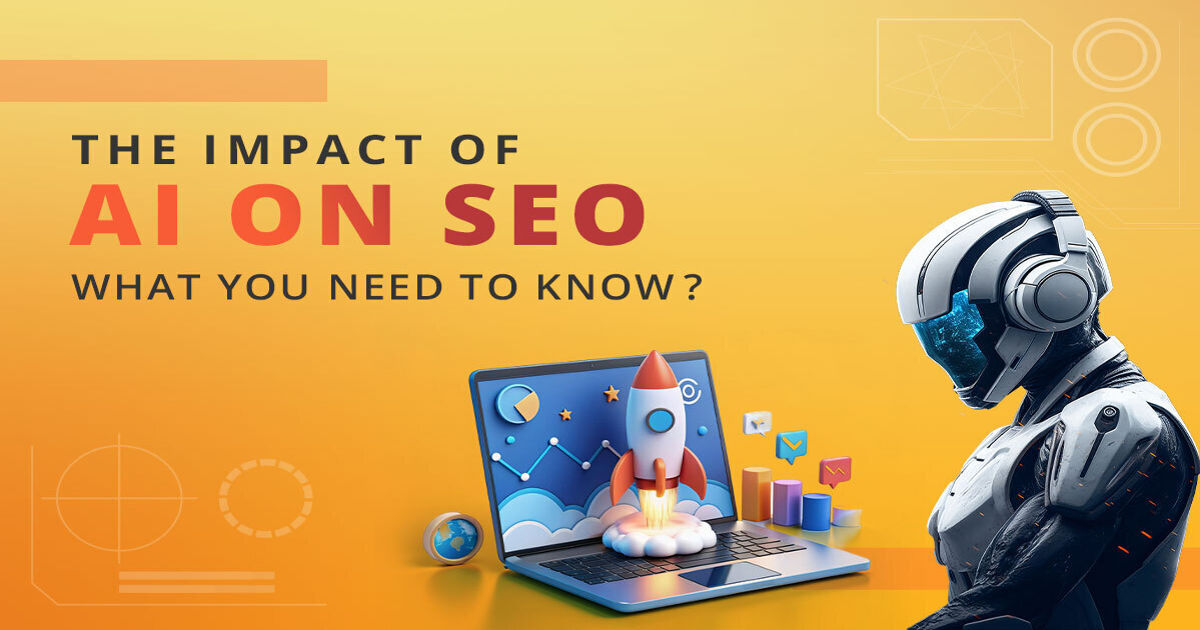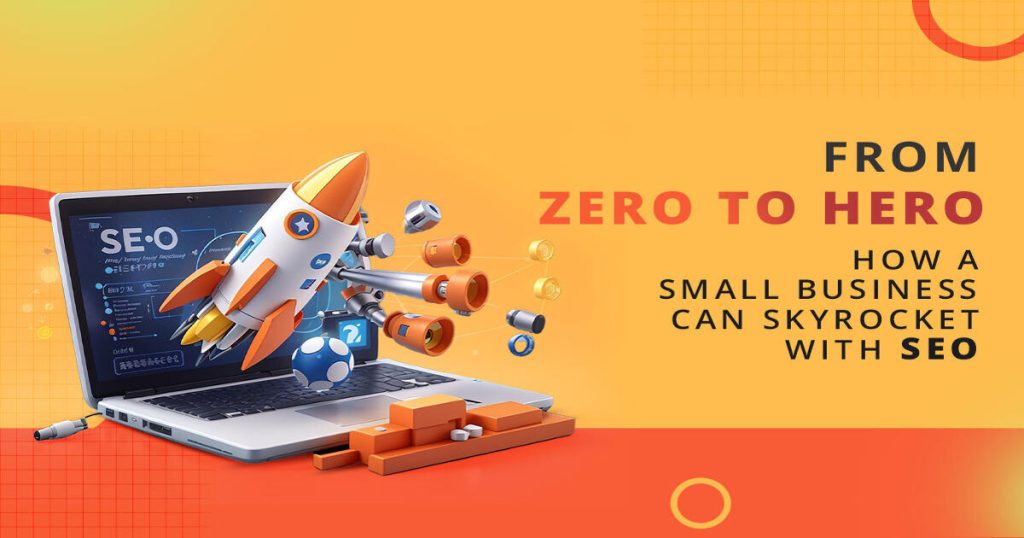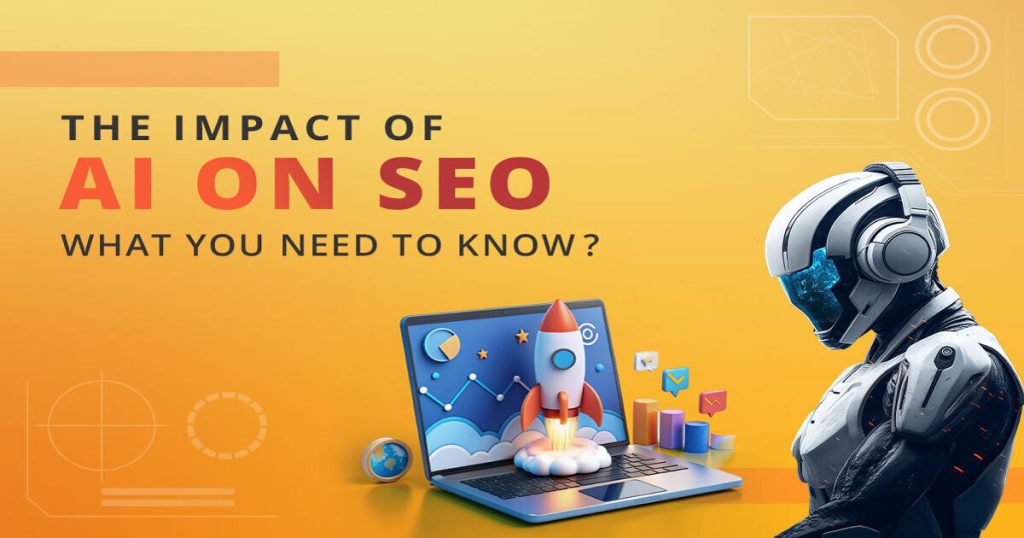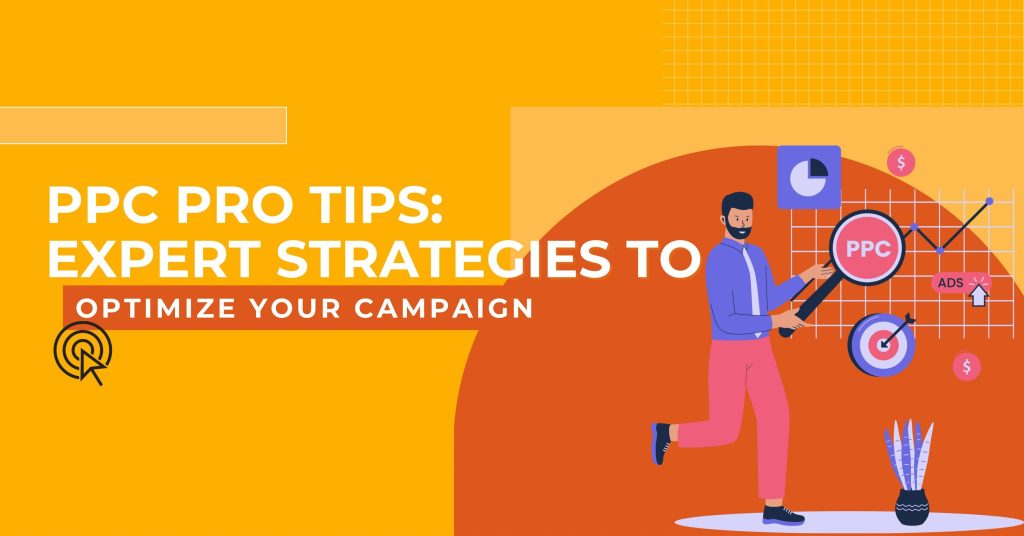Artificial Intelligence (AI) is rapidly transforming industries, and search engine optimization (SEO) is no exception. As AI technologies advance, they are reshaping the way search engines function and how websites are ranked. This shift necessitates a new approach to SEO strategies. Here’s what you need to know about the impact of AI on SEO.
How AI is Changing SEO
AI is enhancing search engines’ abilities to understand and rank content more intelligently. Google’s RankBrain and BERT are prime examples. RankBrain, an AI algorithm, helps Google interpret complex queries and provide more relevant search results. BERT, on the other hand, better understands the context of words in a search query, ensuring that results match the searcher’s intent more accurately.
For instance, before BERT, if someone searched for “2020 Brazil traveler to USA needs a visa,” Google might have been confused by the wording and provided less relevant results. Post-BERT, Google understands the search context, making results more relevant.
Real-Life Example: How AI Impacts Content Strategy
Consider the online travel guide, Lonely Planet. When Google implemented BERT, Lonely Planet adjusted its content strategy. They focused on creating comprehensive, contextually relevant travel guides that addressed specific traveler queries. This shift helped Lonely Planet maintain high rankings by aligning content with user intent, demonstrating the importance of context in modern SEO.
The Role of AI-Powered Tools
AI tools like Clearscope and MarketMuse are revolutionizing how content is created and optimized. These tools analyze top-ranking pages for given keywords and suggest improvements. They can recommend related topics, ideal content length, and keyword variations, making content more comprehensive and relevant.
For example, a health and wellness website using Clearscope might receive suggestions to include related topics like “benefits of yoga for mental health” when writing about yoga. By incorporating these suggestions, the website can cover the topic more thoroughly, improving its chances of ranking higher.
Statistical Insights
AI-driven SEO strategies have shown significant results. A study by BrightEdge found that AI-powered content optimization led to a 52% increase in website traffic and a 48% increase in customer engagement. This highlights the effectiveness of AI in improving SEO outcomes.
Moreover, Gartner predicts that by 2025, 80% of marketers will use AI-driven automation in some form. This growing reliance on AI emphasizes its importance in the future of digital marketing and SEO.
Voice Search Optimization
With the rise of AI-powered voice assistants like Siri, Alexa, and Google Assistant, optimizing for voice search has become crucial. Voice searches are more conversational and often longer than text searches. This shift requires content that answers common voice queries naturally.
For example, a food blog optimizing for voice search might include phrases like “How do I bake a chocolate cake?” instead of just “chocolate cake recipe.” This approach ensures the content matches the natural language used in voice searches.
Practical SEO Tips in the Age of AI
Focus on User Intent: Create content that addresses the specific needs and questions of your audience. Understanding user intent is key to aligning your content with what search engines are looking for.
Utilize AI Tools: Leverage AI-driven tools for keyword research, content optimization, and performance tracking. Tools like Ahrefs and SEMrush incorporate AI to provide actionable insights that can enhance your SEO strategy.
Enhance Content Quality: AI rewards high-quality, relevant content. Ensure your content is informative, engaging, and addresses the topic comprehensively.
Optimize for Voice Search: Include natural language and long-tail keywords in your content to capture voice search queries. This makes your content more accessible to users relying on voice assistants.
Stay Updated with AI Trends: SEO is constantly evolving with AI advancements. Stay informed about the latest updates and adapt your strategies accordingly.
The Human Touch in SEO
While AI provides powerful tools and insights, the human touch remains irreplaceable. AI can analyze data and predict trends, but it cannot create empathetic and engaging content like humans can. Combining AI’s analytical power with human creativity leads to the best SEO results.
For instance, while AI tools can suggest content improvements, a human writer’s ability to craft a compelling narrative and engage readers is crucial. AI can guide you on what to write about, but how you write it determines its success.
Conclusion
AI is undeniably transforming SEO, making it smarter and more efficient. Understanding and leveraging AI’s capabilities can help you stay ahead in the competitive digital landscape. Focus on creating high-quality, contextually relevant content, utilize AI tools for optimization, and keep the human touch alive in your content creation process.
By embracing these strategies, you’ll be well-equipped to navigate the evolving world of SEO in the age of AI. Keep learning, adapting, and innovating to ensure your SEO efforts continue to yield significant results.




